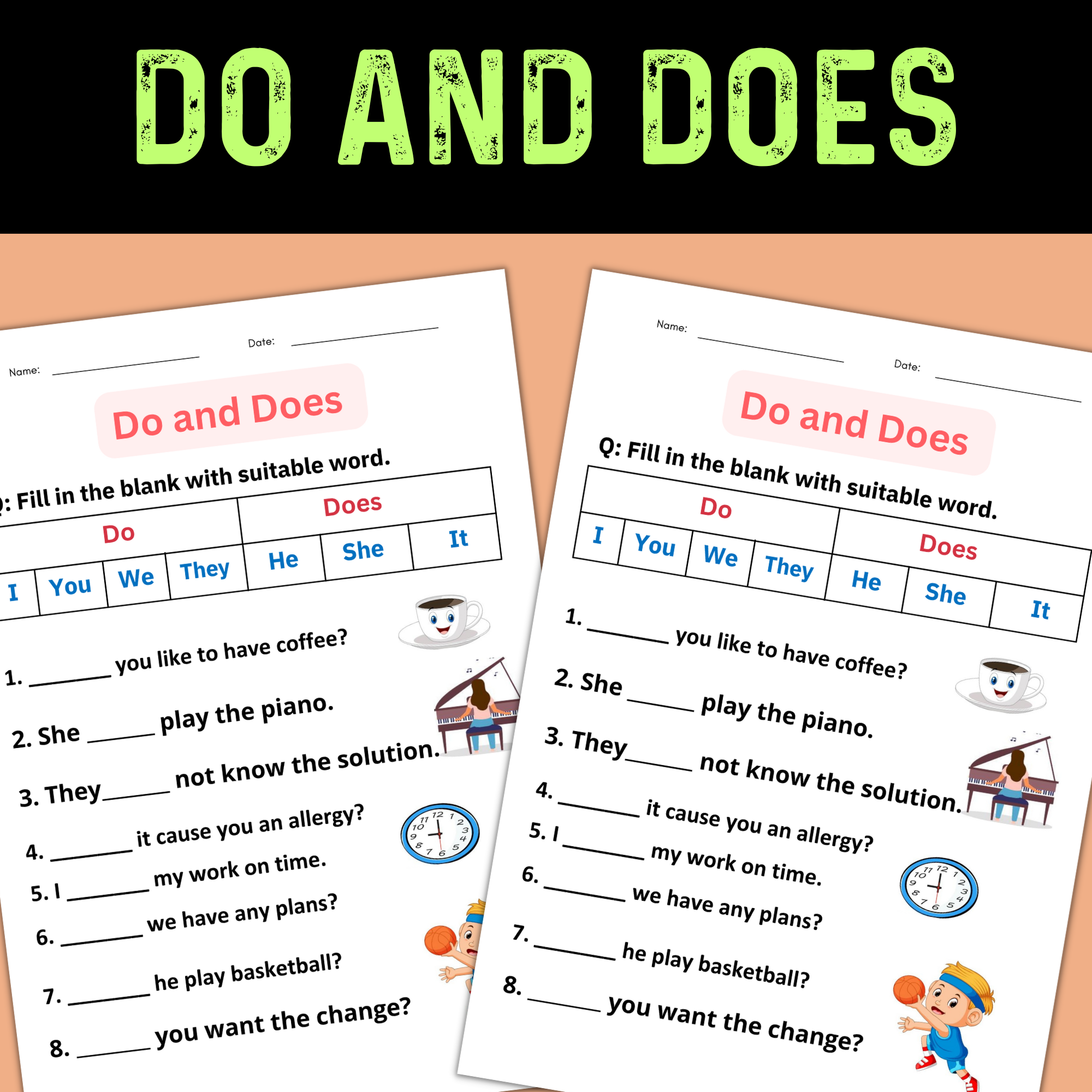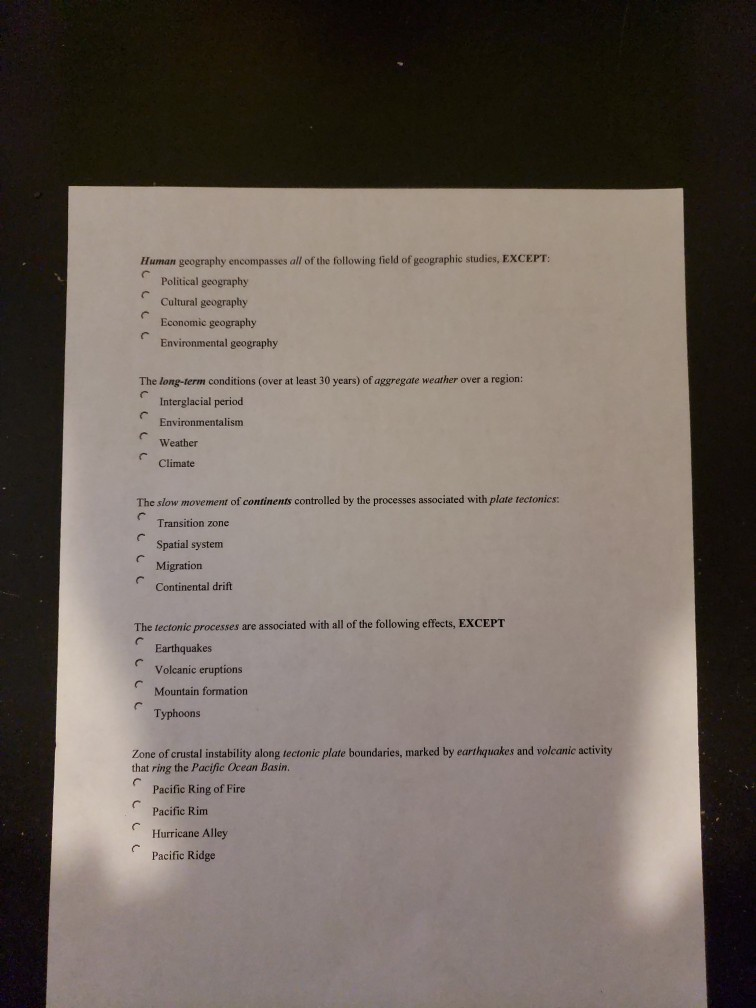Car Financing: Complete Guide to Auto Loans and Payment Options
Understand car financing basics
Car financing allow you to purchase a vehicle without pay the full amount upfront. Alternatively, you borrow money from a lender and repay it over time with interest. This option make car ownership accessible to those who can’t afford a large one time payment.
Most car loans work likewise: you make a down payment, finance the remain amount, and pay monthly installments until the loan is full to repay. The process involve several components that affect your overall costs.
Who can finance a car?
Almost anyone can apply for car financing, but approval depend on several factors:
-
Credit score
lenders use this to gauge your reliability as a borrower -
Income
must be sufficient to cover monthly payments -
Debt to income ratio
show how much of your income go toward exist debts -
Employment history
stable employment reassures lenders
Yet with less than perfect credit, financing options exist. Yet, better credit typically mean better loan terms and lower interest rates.
Types of car financing options
Dealership financing
Dealership financing offer convenience — you can shop for your car and secure financing in one place. Dealers oftentimes partner with multiple lenders, give you access to various loan options. Some dealerships offer special promotions like zero percent financing for qualified buyers.
Still, dealer financing sometimes include markups that increase your interest rate. Invariably compare dealer offer with other options to ensure you’re got a competitive rate.
Bank and credit union loans
Traditional financial institutions like banks and credit unions provide auto loans direct to consumers. Credit unions typically offer lower interest rates than banks, particularly for members with good credit histories.
Get pre-approve before visit a dealership give you a clear budget and strengthen your negotiating position. The dealer so know you’ve financing already arrange and might offer better terms to win your business.
Online lenders
Online lenders have revolutionized car financing with streamlined application processes and quick approval decisions. These lenders oftentimes cater to specific market segments, include those with challenge credit situations.
The convenience of online applications and comparison tools make it easier to shop around for the best rates. Many online lenders provide pre-approval without affect your credit score through soft credit inquiries.
Key factors in car loan terms
Interest rates and how they’re determined
Interest rates represent the cost of borrow money and importantly impact your monthly payment and total loan cost. Several factors influence the rate you’re offered:
-
Credit score
higher scores typically qualify for lower rates -
Loan term
shorter terms commonly have lower rates -
Vehicle age
newer cars broadly qualify for better rates -
Down payment
larger down payments can reduce interest rates -
Current market conditions
prevail economic factors affect base rates
The difference between a 4 % and 7 % rate on a $25,000 loan over 60 months amount to over $$2000 in additional interest payments.
Loan terms and monthly payments
Loan terms typically range from 24 to 84 months. Longer terms mean lower monthly payments but higher total interest costs. For example, extend a loan from 48 to 72 months might reduce your monthly payment by $100 but could add thousands in interest over the life of the loan.
When select a term, consider how yearn you plan to keep the vehicle. Ideally, your loan term shouldn’t exceed your expected ownership period to avoid owe more than the car is worth when you sell it.
Down payments: how much is enough?
A down payment reduces the amount you need to finance and demonstrate financial commitment to lenders. The traditional recommendation is 20 % of the vehicle’s purchase price, though many loans require far less.
Benefits of larger down payments include:
- Lower monthly payments
- Reduced interest costs over the loan term
- Decrease risk of become” top downward ” n your loan
- Potentially qualify for better interest rates
If you can’t manage 20 %, still a modest down payment of 10 % provide significant benefits compare to no down payment at wholly.
The application and approval process
Documents and information you will need
Prepare your documentation before apply streamline the process. Typically, you will need:
- Proof of identity (driver’s license or passport )
- Proof of income (pay stubs, tax returns, or bank statements )
- Proof of residence (utility bills or lease agreement )
- Vehicle information (for the car you plan to purchase )
- Insurance information
- Banking details for payment setup
Some lenders may request additional documentation base on your specific situation or their requirements.
Understand credit checks and their impact
When you apply for car financing, lenders perform credit checks to assess your creditworthiness. These checks come in two forms:
-
Soft inquiries
don’t affect your credit score and are frequently use for ppre-approvals -
Hard inquiries
can temporarily lower your credit score and remain on your credit report for up to two years
Multiple hard inquiries for auto loans within a short period (typically 14 45 days )normally count as a single inquiry for scoring purposes. This alallowsou to shop around without excessive damage to your credit score.
Pre-approval vs. Final approval
Pre-approval involve a preliminary assessment of your creditworthiness without commit to a specific vehicle. It prprovidesn estimated loan amount, interest rate, and terms base on your financial profile.
Final approval occur after you havselectedct a vehicle and the lender verifiedrify all information. The lender evaluate both your finances and the vehicle details, include its value and history.
Pre-approval give you a stronger position when negotiate with dealers because you’re basically a cash buyer with financing already arrange.
Special financing situations
Finance with poor credit
Have bad credit doesn’t make car financing impossible, but it does limit your options and increase costs. Subprime lenders specialize in work with credit challenge borrowers, though they charge higher interest rates to offset the increase risk.
Strategies to improve your chances of approval include:
- Make a larger down payment
- Find a qualified co-signer
- Choose a less expensive vehicle
- Work with dealerships that specialize in bad credit financing
- Consider buy here pay dealerships as a last resort
Yet with poor credit, compare multiple offers remain essential. Interest rates and terms can vary importantly between lenders.
First time car buyers
First time buyers face unique challenges due to limited credit history. Some lenders offer special programs design for this situation, specially for recent college graduates or those with promise career trajectories.
Build credit before apply can help. Consider start with a secured credit card or become an authorized user on someone else’s account. Yet six months of positive credit history can make a difference.
First time buyer programs oftentimes feature more flexible approval criteria but may require proof of income stability and peradventure a co-signer.
Refinance existing auto loans
Refinancing replace your current auto loan with a new one, ideally with better terms. Good candidates for refinance include those whose credit scores have improved, interest rates have drop, or financial situations havechangede since the original loan.
Potential benefits include:
- Lower monthly payments
- Reduced interest rates
- Shorter loan terms
- Remove a co-signer from the loan
The best time to refinance is typically after your credit has improved but before your car hasdepreciatede importantly. Most lenders prefer vehicles less than five years old with fewer than 100,000 miles.
Alternatives to traditional financing
Lease alternatively of buy
Leasing allow you to drive a new car for a fix period (typically 2 3 years )while make monthly payments that are frequently lower than loan payments for the same vehicle. At the end of the lease, you return the car or purchase it for a predetermine amount.
Lease work comfortably for those who:
- Prefer drive newer vehicles with the latest features
- Want lower monthly payments
- Drive fewer than 12,000 15,000 miles yearly
- Take good care of their vehicles
- Don’t want to worry about sell the car late
Notwithstanding, leasing mean ne’er own the vehicle unlimited and potentially face charges for excess mileage or wear and tear.
Cash purchases
Pay cash eliminates interest costs and monthly payments exclusively. This approach provide immediate equity in the vehicle and simplify your financial obligations.
Benefits of cash purchases include:
- No interest payments
- No monthly payment obligations
- Potential discounts from sellers
- Flexibility to sell the vehicle anytime
- No risk of become top downward on a loan
Yet, use large amounts of cash reduce your financial liquidity and might not be the best use of funds if you could invest that money for returns higher than your potential loan interest rate.
Peer to peer lending and personal loans
Peer to peer lending platforms connect borrowers direct with individual investors willing to fund loans. These platforms oftentimes use different approval criteria than traditional lenders, potentially benefit those with unusual financial situations.

Source: moneylion.com
Personal loans from banks or online lenders provide another alternative. Unlike auto loans, personal loans are typically unsecured, mean the vehicle doesn’t serve as collateral. This offer flexibility but normally come with higher interest rates.
These alternatives work advantageously for unique situations like purchase from private sellers or buying vehicles that traditional auto lenders might not finance due to age or condition.
Make smart financing decisions
Calculate the true cost of financing
Understand the total cost of financing go beyond the monthly payment. To calculate the true cost:
- Multiply your monthly payment by the number of months in your loan term
- Add your down payment and any fees
- Subtract this total from the vehicle’s purchase price to find your total interest cost
For example, on a $25,000 car with a $$3000 down payment and 60 monthly payments of $ $425you’ll pay $ 2$250 in monthly payments plus the $ 3,$3 down payment, will total $ 28,$28 This mean you’re pay $ 3,50$3n interest and fees.
Online auto loan calculators can help you compare different scenarios quick.
Negotiate financing terms
Many financing terms are negotiable, not fair the vehicle price. Areas where negotiation can yield savings include:
- Interest rate
- Loan term
- Dealer fees and add-ons
- Extended warranties
- Gap insurance pricing
Having pre-approve financing give you leverage during negotiations. If the dealer wants your financing business, theythey willd to will beat your will exist offer.
Don’t focus exclusively on monthly payments. Dealers can manipulate payment amounts by extend loan terms while keep interest rates high.
Avoid common financing pitfalls
Several mistakes can importantly increase your financing costs:
-
Focus solely on monthly payments
lower payments much mean longer terms and higher total costs -
Skip loan comparison
accept the first offer without shop approximately -
Roll negative equity into a new loan
add unpaid balance from a previous vehicle -
Extend loans beyond 60 months
increase total interest and risk negative equity -
Buy unnecessary add-ons
expensive warranties and protection packages that inflate loan amounts
Take time to understand all loan terms before sign. The extra effort can save thousands over the life of your loan.
Prepare your finances for car financing
Improve your credit before apply
Take steps to improve your credit before apply can secure better financing terms. Effective strategies include:
- Check your credit reports for errors and dispute inaccuracies
- Pay down exist debts, peculiarly credit card balances
- Make all payments on time for at least six months
- Avoid new credit applications that generate hard inquiries
- Keep old accounts open to maintain credit history length
Yet modest credit score improvements can importantly impact your interest rate. A 50 point increase might reduce your rate by 1 2 percentage points, save thousands over the loan term.
Budget for car ownership
Your car payment is fair one part of the total cost of ownership. A comprehensive budget should include:
- Monthly loan or lease payment
- Insurance premiums
- Fuel costs
- Routine maintenance
- Registration and taxes
- Anticipated repairs
Financial experts recommend keep total transportation costs below 15 % of your monthly income. This includes all expenses relate to your vehicle, not fair the payment.
Create a separate savings fund for unexpected car expenses prevent maintenance issues from derail your budget or force you to use high interest credit cards.
Understand the legal aspects of car financing
Your rights as a borrower
Federal and state laws protect consumers during the financing process. Key protections include:
-
Truth in lending act (ttill)
require lenders to disclose loan terms and costs clear -
Equal credit opportunity act
prohibit discrimination base on race, color, religion, national origin, sex, marital status, age, or public assistance participation -
Fair credit reporting act
governs how your credit information can be use and share -
Cool off periods
some states provide time to reconsider after sign ((hough these seldom apply to vehicle purchases ))
Understand these protections help you recognize and address potential violations during the financing process.
Read and understanding loan contracts
Auto loan contracts contain lawfully bind terms that govern your financing. Key sections to review include:
-
Truth in lending disclosure
show aApr finance charges, amount finance, and total payments -
Payment schedule
details payment amounts, due dates, and total number of payments -
Late payment policies
outlines fees and consequences for miss payments -
Prepayment terms
explain any penalties for pay off the loan former -
Default provisions
describe what constitute default and the lender’s remedies
Ne’er sign a contract with blank spaces or terms different from what you agree upon verbally. Request time to review all documents good before sign.

Source: motorfinanceonline.com
Conclusion: is finance a car right for you?
Car financing provide a pathway to vehicle ownership for those who can’t or prefer not to pay the full amount upfront. The right financing arrangement balance affordable monthly payments with reasonable total costs while fit well within your overall financial plan.
Before commit to an auto loan, frankly assess your financial situation, research multiple options, and consider how the purchase fit into your long term goals. With careful planning and comparison shopping, you can secure terms that make your car purchase a smart financial decision kinda than a burden.
Remember that financing is exactly one option. For some, lease or save for a cash purchase might advantageously align with their financial circumstances and goals. The best choice depends on your unique situation, preferences, and priorities.
MORE FROM techitio.com













